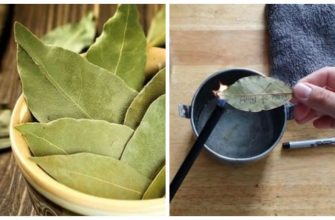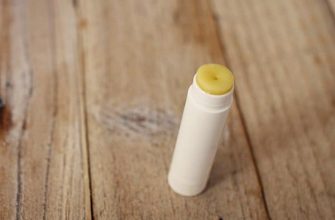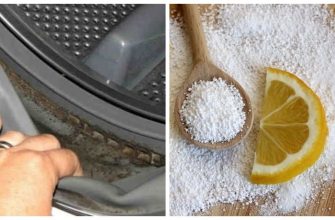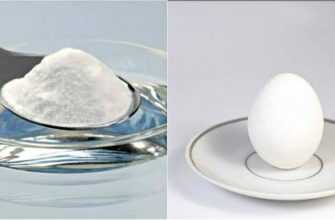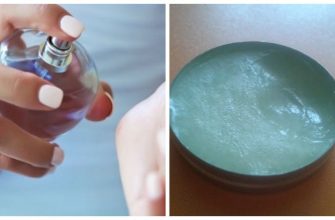Are you ready to unlock the secrets of creating the perfect dough? Whether you’re a novice baker or a kitchen pro, our treasure trove of 42 expert tips will revolutionize your baking game. From enhancing the fluffiness of your pastries to achieving that golden crust, these pearls of wisdom will elevate your baking skills to the next level. Get ready to craft delectable pastries, pies, and bread that leave a lasting impression. So, roll up your sleeves, preheat that oven, and let’s delve into the fascinating world of baking mastery. Your culinary adventures await!
- Always add diluted potato starch to the dough – it will keep buns and pies fluffy and soft even the next day. The key to delicious pies is well-risen dough: sift the flour to remove impurities and enrich it with oxygen.
- In any dough (except for dumpling, puff pastry, choux, and shortcrust), which is used for pies, pancakes, bread, and pancakes, always add a “handful” (about a heaping tablespoon) of semolina for every half-liter of liquid. Monks taught us: “The highest quality bread used to be made from semolina. It stayed moist and fluffy for a long time. Now we don’t have semolina, so add a handful of semolina, and your baking will always turn out great.” Such invaluable advice.
- Add half a cup of mineral water to the dough, apart from the milk. Dissolve 1 tsp of baking soda in 1/2 cup of water and slightly neutralize it with lemon juice or vinegar. The baked goods really turn out superb, even staying soft the next day.
- The room where you prepare the dough should not have drafts, as they lead to a very dense crust on the pie.
- When kneading yeast dough, all ingredients should be warm or at room temperature. Ingredients from the refrigerator slow down the dough’s rise.
- For yeast products, the liquid should always be heated to 30-35°C (86-95°F), as yeast cells in a liquid with a higher or lower temperature lose their activity.
- When kneading the dough, your hands should be dry.
- Let the dough rest for 15-20 minutes before putting the pastries into the oven. Allow the dough to rise completely before baking. If it’s not fully risen, the pastries won’t cook through.
- Bake pastries on a medium heat to prevent the filling from drying out.
- When adding butter to the dough (except for puff and fresh-dough), it’s better to use unmelted butter, as melted butter deteriorates the dough’s structure.
- Pastries made with milk are tastier and more aromatic, and the crust after baking is shiny with a beautiful color.
- Yeast for the dough should be fresh with a pleasant alcohol smell. Check the yeast in advance. To do this, make a small portion of the dough and sprinkle it with flour. If cracks do not appear within 30 minutes, then the yeast is of poor quality.
- Excessive sugar in the dough will cause the pastries to brown quickly and may even burn. The fermentation of yeast dough is slowed down, resulting in less fluffy pastries.
- Fats, softened to the consistency of sour cream, should be added at the end of dough kneading or during its folding, as this improves the dough fermentation.
- To make ready pastries more tender and crumbly, only add egg yolks to the dough.
- Tall pastries are baked at low heat to ensure even cooking.
- For pastry dough baked on a sheet, roll it out as thin as possible to bring out the flavor of the filling.
- To keep the bottom of the pie dry, lightly sprinkle the lower crust with starch before adding the filling.
- Neither the dough nor the leaven should be allowed to ferment, as it leads to a deterioration in dough quality. Three hours is sufficient, but it should be in a warm place.
- For yeast dough pastries, you can brush them with milk and, if desired, sprinkle them with salt, poppy seeds, or caraway seeds.
- Closed pies are brushed with beaten egg, milk, or sugar water before baking. This gives them a glossy finish. The best shine is achieved with egg yolks.
- Pastries sprinkled with powdered sugar can also be brushed with butter to give them a pleasant aroma.
- Pastries brushed with egg white during baking acquire a glossy, rosy crust.
- The more fat and less liquid in the dough, the crumblier the products.
- If you add baking soda to the dough, the pie will be darker in color and have an unpleasant odor.
- Thin dough is easy to roll out using a rolling pin covered with a clean cloth.
- If the dough is too wet, place a sheet of parchment paper on it and roll it out through the paper.
- Remove pastries from forms only when they have cooled.
- Before adding raisins to the dough, they should be rolled in flour.
- Salt is added to the flour only when the leaven has already risen.
- The dough should not be allowed to rest, as it degrades its quality. Three hours are enough, but it should be in a warm place.
- For pies made of yeast dough, you can brush them with milk and, if desired, sprinkle them with salt, poppy seeds, or caraway seeds.
- Closed pies are brushed with beaten egg, milk, or sugar water before baking. This gives them a glossy finish. The best shine is achieved with egg yolks.
- Pastries sprinkled with powdered sugar can also be brushed with butter to give them a pleasant aroma.
- Pastries brushed with egg white during baking acquire a glossy, rosy crust.
- The more fat and less liquid in the dough, the crumblier the products.
- If you add baking soda to the dough, the pie will be darker in color and have an unpleasant odor.
- Thin dough is easy to roll out using a rolling pin covered with a clean cloth.
- If the dough is too wet, place a sheet of parchment paper on it and roll it out through the paper.
- Remove pastries from forms only when they have cooled.
- Before adding raisins to the dough, they should be rolled in flour.
- Salt is added to the flour only when the leaven has already risen.






